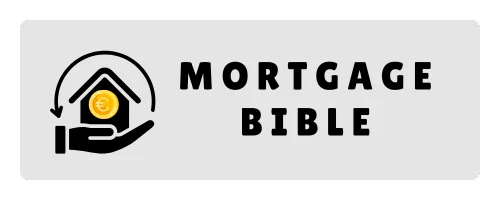What is a Buy-to-Let Mortgage?
A Buy-to-Let (BTL) mortgage is a specific type of loan designed for people who want to purchase property as an investment to rent out to tenants. It’s different from a regular residential mortgage because you’re borrowing money to buy a property you won’t live in yourself.
Key Features of Buy-to-Let Mortgages
- Higher Interest Rates: BTL mortgages typically have higher interest rates than residential mortgages
- Larger Deposits: Usually require 25-40% of the property’s value as a deposit
- Different Assessment Criteria: Lenders look at potential rental income rather than just your salary
- Higher Fees: Arrangement fees and other charges are often higher
How Do Buy-to-Let Mortgages Work?
Interest Rate Options
- Fixed Rate: Interest stays the same for a set period
- Variable Rate: Interest can go up or down
- Tracker Rate: Follows another rate (usually ECB base rate) plus a set percentage
Repayment Types
- Interest-Only: You only pay the interest each month
- Capital and Interest: You pay both the loan amount and interest
Eligibility Requirements
To qualify for a BTL mortgage, you typically need:
- A good credit history
- A minimum income (usually €30,000+ per year)
- To be aged 25-75
- Experience as a homeowner
- Proof the rental income will cover 125-145% of mortgage payments
Advantages of Buy-to-Let
- Potential for rental income
- Property value appreciation
- Portfolio diversification
- Potential tax benefits
Risks to Consider
- Property values can fall
- Periods without tenants (void periods)
- Maintenance and repair costs
- Tax implications
- Interest rate changes
- Property management responsibilities
Tips for Success
- Research the local rental market thoroughly
- Calculate all costs, not just the mortgage
- Consider using a mortgage broker
- Build an emergency fund for repairs and void periods
- Understand your legal obligations as a landlord
Tax Considerations
- Rental income is taxable
- Mortgage interest relief restrictions
- Capital Gains Tax when selling
- Local Property Tax obligations
- Registration with RTB (Residential Tenancies Board)
How to Apply
- Gather necessary documents (proof of income, tax returns, etc.)
- Compare different lenders
- Get professional advice (mortgage broker, tax advisor)
- Submit application with required documentation
- Property valuation
- Mortgage approval and completion



